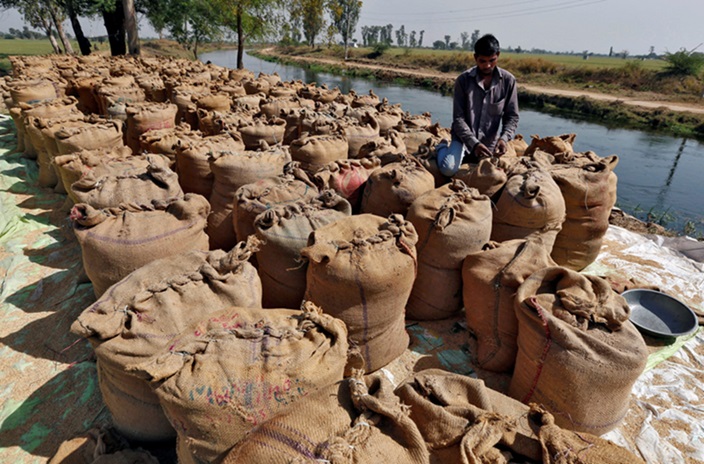In a diplomatic dance of commodities, Malaysia has formally petitioned India to ease its stringent export restrictions on key agricultural products such as rice and sugar. This appeal comes amidst India’s efforts to stabilize domestic prices, initiated through export curbs imposed last year ahead of crucial national elections. The move, while intended to safeguard local market dynamics, has inadvertently strained trade relations with Malaysia, a significant importer of Indian rice, sugar, and onions.
Johari Abdul Ghani, Malaysia’s minister for plantation and commodities, voiced concerns over India’s abrupt export curbs during a recent industry conference in New Delhi. “If India opens up, it will be good for Malaysia,” he remarked, emphasizing the mutual benefits of freer trade flows between the two nations. Malaysia, renowned for its palm oil exports to India, relies heavily on Indian supplies of essential staples like sugar, rice, and onions.
Amidst speculations of policy adjustments in India, including potential revisions to export taxes and pricing structures for basmati and parboiled rice, government sources indicate a recalibration aimed at managing surplus inventories effectively. These adjustments could signal a thaw in India’s export policies, potentially easing the strain on its trade relationships while maintaining domestic economic stability amidst fluctuating global commodity markets.
(Source: The Economic Times | Business Standards | Money Control)









